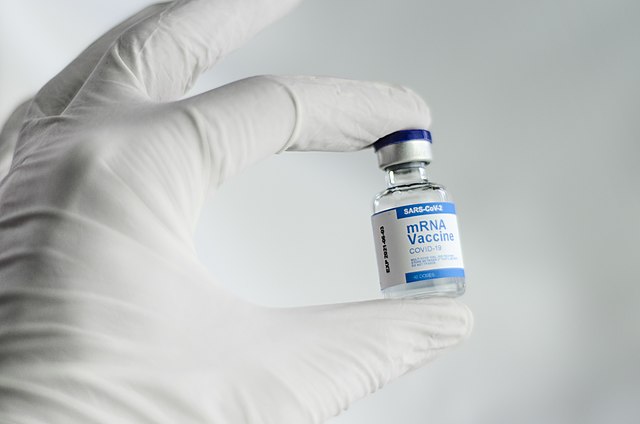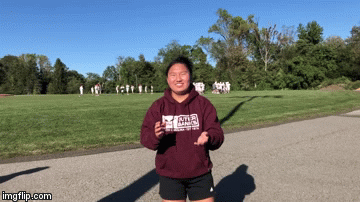Should I get the COVID-19 vaccine as a teenager?
June 3, 2021
Once the coronavirus struck the United States hard at the beginning of 2020, many people resorted to staying at home on their laptops or computers to continue normal activities, such as work or school. This global pandemic has had and continues to have disastrous effects on the normalcy of people’s lives. Wearing masks, social distancing, and washing your hands often are all new normals that the global pandemic has forced upon us.
According to the American Academy of Pediatrics, as of May 20, 2021, 3.94 million children have tested positive across the United States for COVID-19 since the beginning of the pandemic. Additionally, since the pandemic began last year, cases of COVID-19 in children have made up 14.1% of total accumulated cases in the United States.
However, as of May 10, 2021, the Pfizer-BioNTech COVID-19 vaccine is available for teens aged 12-15 to receive. The U.S. Food and Drug Administration (FDA) approved this age group to receive the vaccine on May 10, only a few months after people aged 16-25 were approved to receive this drug by the FDA earlier this year. This marks a big step in the vaccination of younger people in the United States. But, although I can get the vaccine, should I get the vaccine as a teen? What do these vaccines even do to help us?
The introduction of COVID-19 vaccines, such as ones by Moderna, Pfizer-BioNTech, and Johnson & Johnson have helped the number of COVID-19 cases to decrease. These vaccines help to prevent contraction of COVID-19 and experts believe that getting vaccinated helps you from getting seriously ill if you do contract COVID-19. In addition, the U.S. Centers for Disease Control and Prevention (CDC) states that getting the vaccine can help to achieve population immunity; population immunity protects those who cannot be vaccinated against COVID-19 and in general, protects the population.
These vaccines work by teaching our immune systems to recognize and help fight off the virus that causes COVID-19. They train our immune system to create proteins to fight the disease, called antibodies. These antibodies destroy the virus if it ever gets in our body. Moreover, these vaccines cannot make anybody actually contract the disease. But, people that are vaccinated are at a lower risk of getting the disease (in this case COVID-19) and passing it on to other people, according to the World Health Organization (WHO).
However, it takes two weeks after you get the second dose of either the Moderna or Pfizer-BioNTech COVID-19 vaccine or two weeks after you get the single dose of Johnson & Johnson’s COVID-19 vaccine to be considered fully vaccinated. These vaccines can cause a person to get side effects ranging from fatigue and chills, to pain or swelling of the arm that they got the shot in.
After you are fully vaccinated, you can resume activities without having to wear a mask or staying 6 feet apart, according to the CDC. Additionally, you do not need to self-quarantine or get tested before or after travel within the United States. But, the question is, are they even safe?
Both the Pfizer-BioNTech and Moderna COVID-19 vaccines had to go through an extensive process from the United States Food and Drug Administration (FDA) to be authorized for use. These vaccines have to rigorously be tested before they are even sent to the FDA for approval. Tens of thousands of participants are required to test out the vaccine to generate the data needed by the FDA in order to determine its safety and effectiveness.
Many parents are eager to vaccinate their children in hopes of having a “normal” summer this year. On the other hand, many parents are concerned about vaccinating their children, as some are worried that the vaccines might cause potential unknown side effects since it was put on the market fairly quickly, while others are wary about vaccines in general.
There are still things that the CDC is still learning about the vaccines and COVID-19, and only one COVID-19 vaccine is approved for use in teenagers. Moreover, children under 12 are not approved to get a COVID-19 vaccine yet.
COVID-19 vaccination is a better way to build protection against COVID-19, and the CDC suggests that these COVID-19 vaccines will be important to stop the pandemic. Not only can these vaccines not give you COVID-19, the CDC says that they are safe and effective. However, the decision to get vaccinated is ultimately a personal one.




